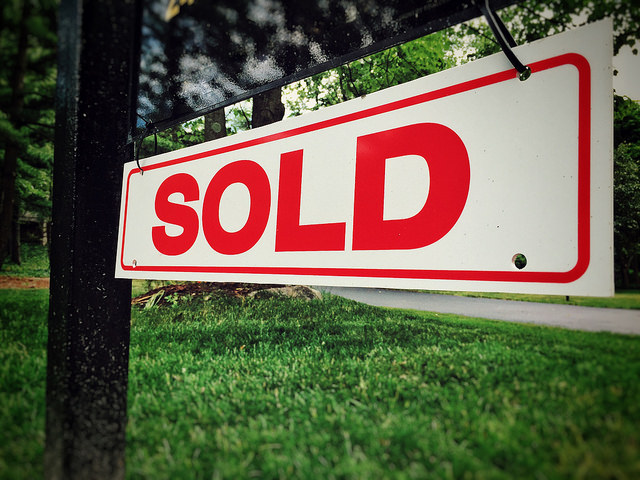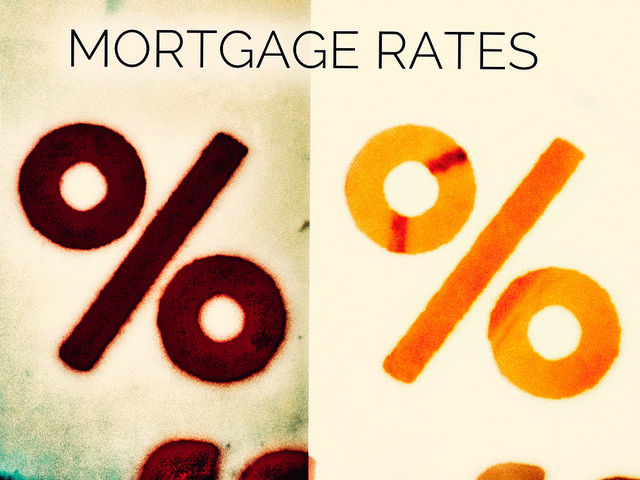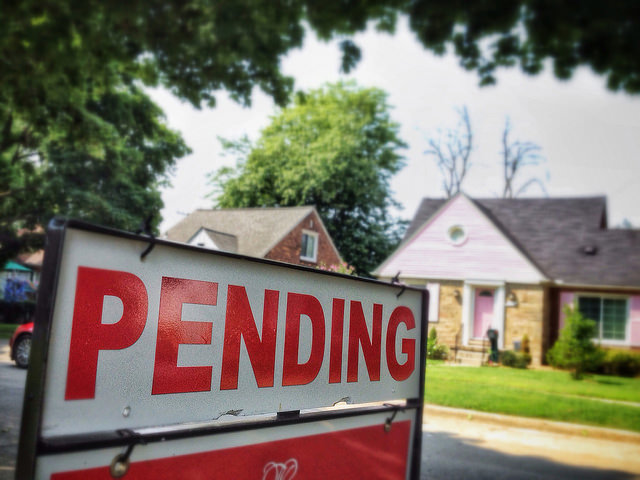There are a lot of things you need to set money aside for when you’re getting ready to buy a house. You have to have money for a down payment, closing costs, and moving expenses but you also need to consider how much you’ll need for any future home maintenance. Buying a home means you’re on the hook for any repairs and renovations you need along the way – and you will inevitably run into issues at some point, whether it’s a clogged toilet or a leaky faucet. When it happens, you can pay someone else to fix it or try doing it yourself. Naturally, though, these costs can add up, if you call in a contractor for every loose hinge or minor leak. So it’s a good idea for homeowners to do as much of their own work as possible. And, these days, it’s easier than ever to find how-to videos, tips, and information that can help you become handier around the house. Minor repairs can be surprisingly easy, once you have the right tools and some know-how. So, if you’d like one less thing to save for, start by brushing up on your home improvement skills. More here.













